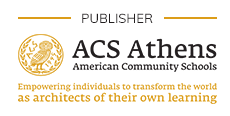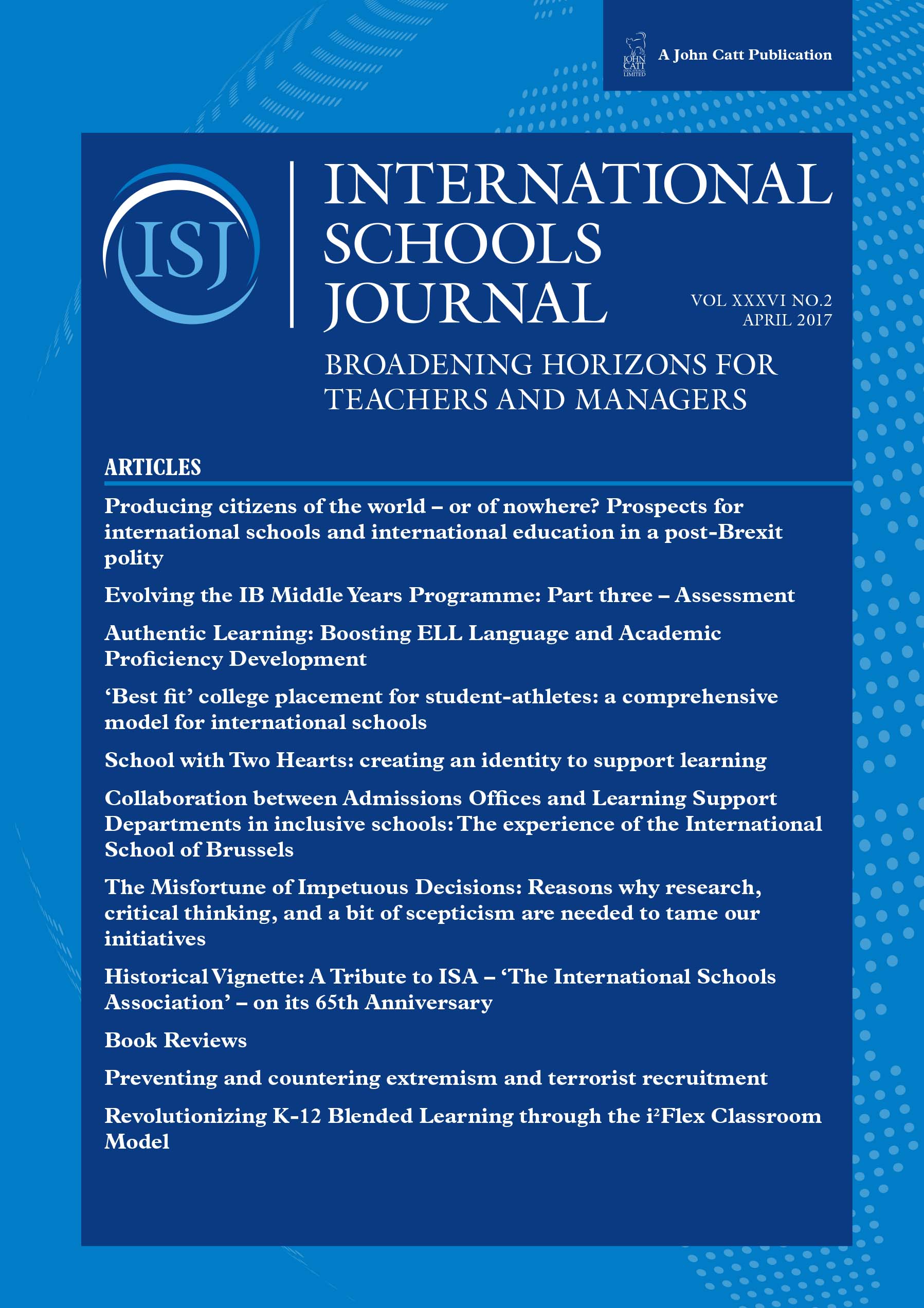ISJ April 2017: Authentic Learning – Boosting ELL Language and Academic Proficiency Development
10,00€
Cassandra Petrakis Zwahlen
Abstract:
Science teachers have long employed authentic learning experiences to engage students and help them develop real-world scientific skills. Yet what about language skills – could authentic learning contribute to the language and academic development of English language learners (ELLs)? This article explores approaches to authentic learning that can assist ELLs in developing language and academic proficiency.
At its core, authentic learning is student work that addresses real issues, or student production of real products that can be assessed by real-world standards (Knight, 2013). Grace and Lee said authentic learning “must begin with solving problems … as people explore real life situations for answers” (2014, p. 43). Authentic learning is sometimes called project-based learning (PBL) or task-based learning (TBL), though projects and tasks are not automatically authentic. Gottlieb said authentic projects and tasks should represent real-world experiences that are connected to students’ lives and cultures (2006). Wiggins said “a real-world task requires students to deal with the messiness of real or simulated settings, purposes, and audience” (2014, para. 15). Both Muller and Lam identified student reflection as a vital ingredient of authenticity (n.d.; 2014). In fact, Mueller called reflection one “of the most authentic skills students need to develop to successfully manage in the real world” (n.d., para. 4).



